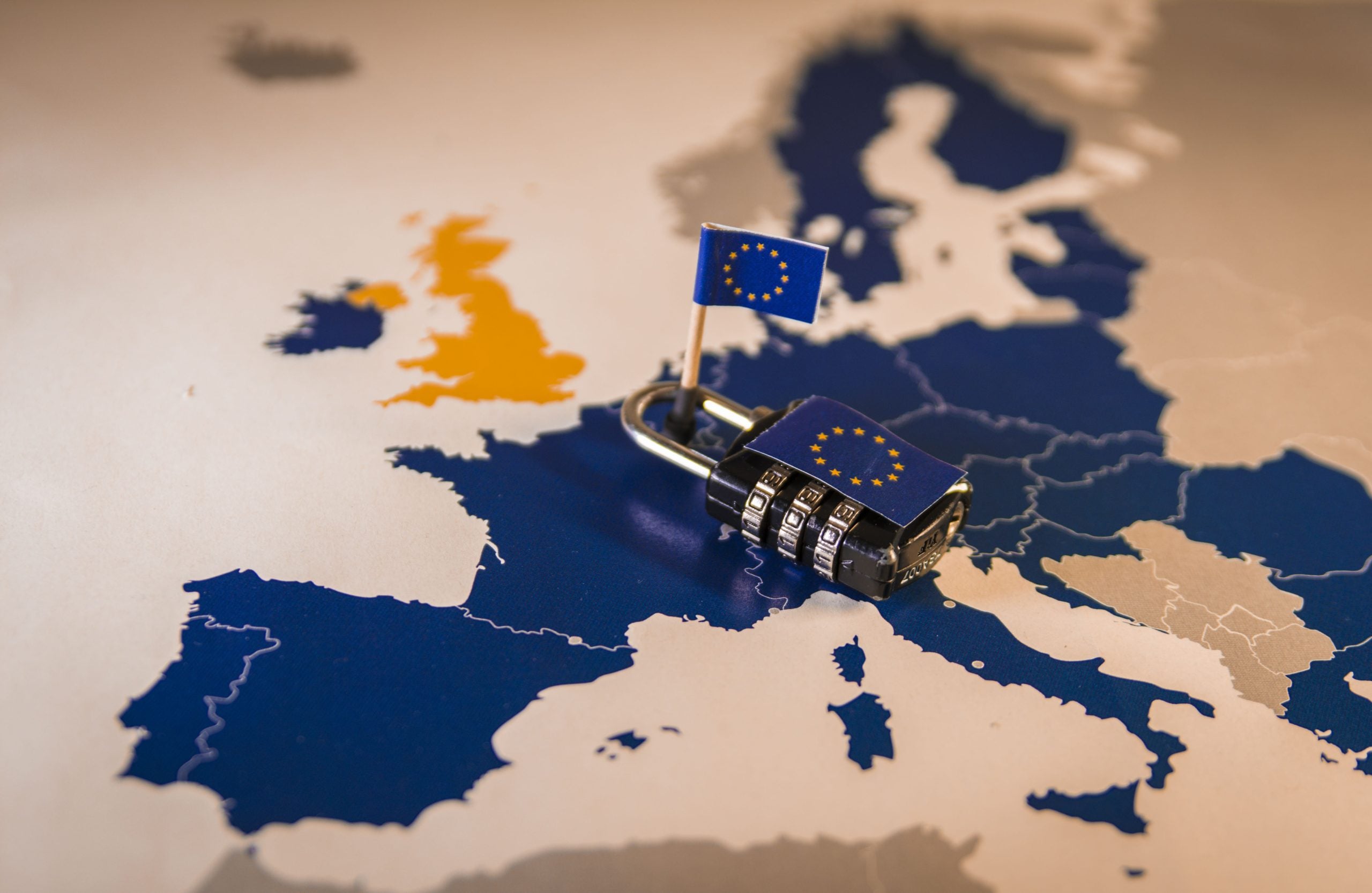
Germany is set to green light the European Union’s trailblazing AI Act, marking a significant step towards establishing a comprehensive regulatory framework for AI development across the continent.
First proposed in 2021, the EU AI Safety Act is the first of its kind regulatory framework for AI which regulates depending on the risk level that an AI tool poses. Because of this risk-based approach, different models of AI will be regulated independently of one other on a case-by-case basis.

Access deeper industry intelligence
Experience unmatched clarity with a single platform that combines unique data, AI, and human expertise.
The breakthrough comes after German Digital Minister Volker Wissing, representing the pro-business Free Democrats, confirmed the resolution of a previously contentious stance.
The European Union had secured a provisional agreement on AI rules in December, outlining guidelines for the responsible development and use of AI technologies.
The deliberations follow the European Union achieving a political agreement on 8 December after an exhaustive 36 hours of negotiations over three days.
However, final approval requires consensus among member states and the European Parliament.
The Free Democrats, known for their strong advocacy of civil liberties, were instrumental in reaching a compromise on Germany’s position regarding the AI Act.
While specifics of the compromise were not detailed, Wissing confirmed that he had championed more innovation-friendly regulations, securing enhancements for small and medium-sized businesses to alleviate potential disproportionate requirements.

US Tariffs are shifting - will you react or anticipate?
Don’t let policy changes catch you off guard. Stay proactive with real-time data and expert analysis.
By GlobalDataResearch minister, Bettina Stark-Watzinger, announced in August that Germany intends to roughly double its public financing for AI research to close to a billion euros over the course of the next two years
Berlin plans to launch 150 new university labs for AI research as part of the initiative, as well as expand data centres and make complicated public data sets accessible so that AI approaches can extract novel insights from them.







